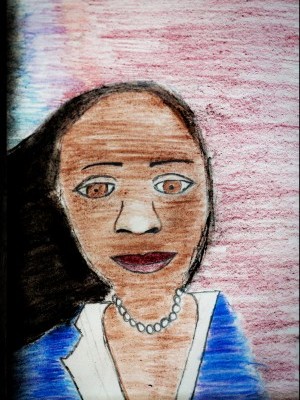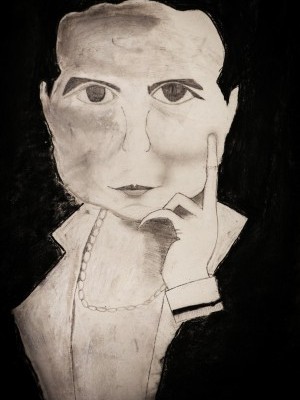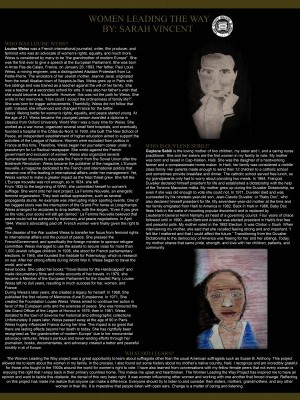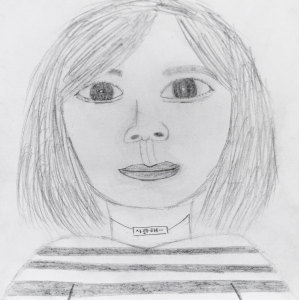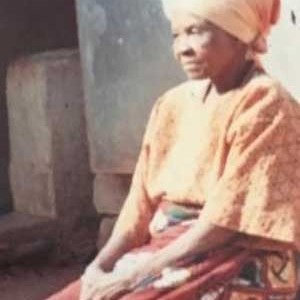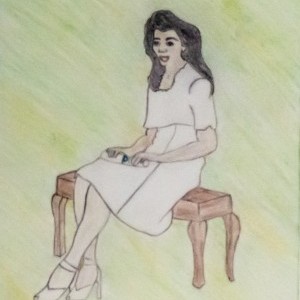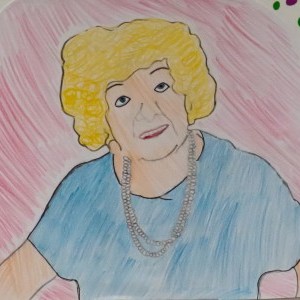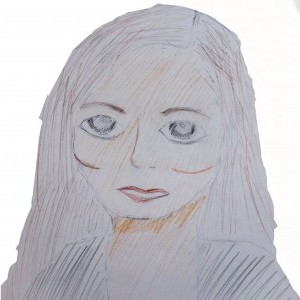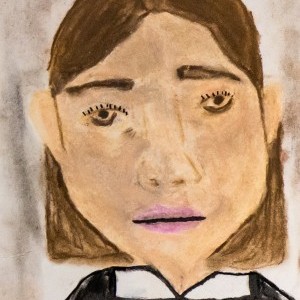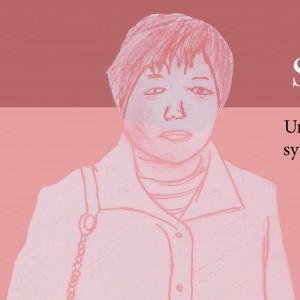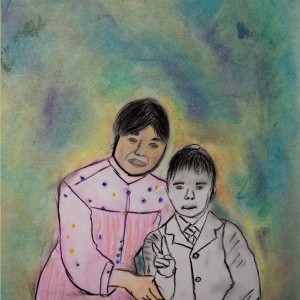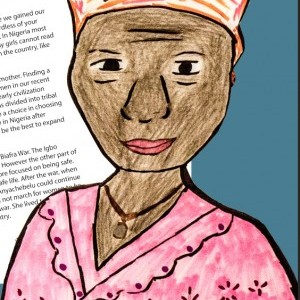Sarah Vincent
The Stony Brook School | Stony Brook, NY | 9-12th Grade
Inspirational Family Member
My Loving Mother
Guylene Sebili is the loving mother of two children, my sister and I, and a caring nurse practitioner. She and her sisters are the first women in my family to vote. My mother was born and raised in Cap-Haitien, Haiti. She was the daughter of a hardworking farmer and a compassionate home maker. In Haiti, her family was considered a middle class family. Her parents made enough to send their twelve children to a Catholic school and sometimes provide breakfast and dinner. The Catholic school served free lunch, so my grandparents only had to worry about providing two meals. In 1964, François Duvalier declared himself president for life and established a dictatorship with the help of the Tontons Macoutes militia. My mother grew up during the Duvalier dictatorship, so even if she was old enough to vote she could not. In 1971, Duvalier died and was succeeded by his nineteen-year-old son, Jean-Claude Duvalier, or “Baby Doc”, who also declared himself president for life. My seventeen-year-old mother at the time and her family emigrated from Haiti to America in 1982. Back in Haiti in 1986, Baby Doc fled Haiti in the wake of mounting popular discontent and was replaced by Lieutenant-General Henri Namphy as head of a governing council. Four years of chaos followed until in 1990, Jean-Bertrand Aristide was elected president in Haiti’s first free and peaceful polls. My mother voted in the 1992 election. It was Clinton v. Bush. When interviewing my mother, she said that she recalled feeling strong and important. “I felt like I mattered and that I could affect the future.” Transitioning from the Duvalier dictatorship to the democracy of America was freeing for her and her siblings. Today, my mother shares that same pride, strength, and love with her children, patients, and community.
Historical Figure I Admire
Louise Weiss
Louise Weiss was a French international journalist, writer, film producer, and feminist who was an advocate of women’s rights, equality, and much more. Weiss is considered by many to be “the grandmother of modern Europe.” She was the first person ever to give a speech at the European Parliament. She was born in Arras, Pas-de-Calais, France, on January 26, 1893. Her father, Paul Louis Weiss, a mining engineer, was a distinguished Alsatian Protestant from La Petite-Pierre. The ancestors of her Jewish mother, Jeanne Javal, originated from the small Alsatian town of Seppois-le-Bas. Weiss grew up in Paris with five siblings and was trained as a teacher against the will of her family. She was a teacher at a secondary school for arts. It was also her father’s wish that she would become a housewife. However, this was not the path for Weiss. She wrote in her memoirs, “How could I accept the ordinariness of family life?” She was born for bigger achievements. Thankfully, Weiss did not follow that path; instead, she influenced and changed France for the better.
Weiss’ lifelong battle for women’s rights, equality, and peace started young. At the age of twenty-one, Weiss became the youngest person awarded a diploma in classics from Oxford University. World War I was a busy time for Weiss. She worked as a war nurse, organized several small field hospitals, and eventually founded a hospital in the Côtes-du-Nord. In 1930, she built The New School of Peace, an independent establishment of higher education aimed to support the activities of the League of Nations. Women were excluded from politics in France at this time. Therefore, Weiss began her journalism career under a pseudonym for Le Radical newspaper. She wrote against the French government and exclusion of women. Weiss also organized several humanitarian missions to evacuate the French from the Soviet Union after the Bolshevik Revolution. Weiss became the publisher of L’Europe Nouvelle, a magazine dedicated to French and international politics that became one of the leading publications in international affairs under her management. Yet, Weiss wanted to make a greater impact as the Nazi threat grew. She felt like L’Europe Nouvelle was not enough, so in 1934, she left.
From 1935 to the beginning of WWII, she committed herself to women’s suffrage. She went onto her next project, La Femme Nouvelle, an energetic feminist organization. They took radical approaches, such as several publicity stunts. An example was interrupting major sporting events. One of her biggest stunts was the interruption of the Grand Prix horse race at Longchamp. Weiss arranged for airplanes to drop leaflets, with the slogan, “Even if you give us the vote, your socks will still get darned.” La Femme Nouvelle believed that peace could not be achieved by diplomacy and peace negotiations. In April 1944, Weiss’s advocacy paid off. French women were finally given the right to vote.
The disaster of the War pushed Weiss to transfer her focus from feminist rights to international affairs and the pursuit of peace. She pressed the French government, and specifically the foreign minister to sponsor a refugee committee. Weiss managed to use the assets to secure visas for more than 1,000 Jewish refugee children. In 1936, she stood for French parliamentary elections. In 1945, she founded the Institute for Polemology, which is research on war. After her strong efforts during World War II, Weiss began to travel the world and write travel books. She called her books “Travel Books for the Handicapped” and made documentary films and wrote accounts of her travels. In 1979, she became a Member of the European Parliament for the Gaullist Party. Louise Weiss left no dull years, resulting in much success for her, women, and France.
During Weiss’s later years, she created a legacy for herself. In 1968, she published the first volume of Mémoires d’une Européenne. In 1971, she created the Foundation Louise Weiss. Weiss aimed to continue her action in favor of European unity and the sciences of peace. She was honored with the title Grand Officer of the Legion of Honor in 1976; then in 1981, Weiss donated to the town of Saverne her historical and ethnographic collections. Unfortunately, Weiss passed away in Paris nine years later at the age of 90.
Weiss hugely influenced France during her time. The impact is so great that there are lasting effects beyond her death to today. She has rightfully been recognized as “the grandmother of modern Europe” due to her monumental advocacy ventures. Weiss’s perilous and never-ending efforts through her journalism, books, documentaries, and advocacy created a better and peaceful society in all of Europe.
What the Project Means to Me
The Women Leading the Way project was a great opportunity to learn about suffragists other than the usual American suffragists such as Susan B. Anthony. This project allowed me to learn about the women in my family. In the process, I also found out some history about my mother’s native country, Haiti. I recognize and am incredibly grateful for those who fought in the 1900s around the world for women’s right to vote. I have also learned from conversations with my fellow female peers that not every woman is enjoying this right that I enjoy back in their home countries. This makes me upset and heartbroken. The Women Leading the Way Project has inspired me to have an opinion and want to tackle this obstacles for those who are still lacking these very basic rights. It was women influencing other women and working with one another that forced change. Reflecting on this project has made me realize that anyone can make a difference. Everyone should try to listen and hear their sisters, mothers, grandmothers, and any other woman in their life. It is imperative that people listen with open ears. Change is a matter of caring and listening.
Explore the Archive
More From This Class
Click on the thumbnails below to view each student's work.Deadline Extended
There's still time to join Women Leading the Way.
Become a part of our storytelling archive. Enroll your class today.
Join the Project

